The Bundesliga – excitement right to the end
Yet again Bayern München are Bundesliga champions, but Borussia Dortmund chased them to the very last game. For a time it even looked as if Dortmund might be able to knock Bayern off their pedestal. As recently as February the Munich team were seven points behind. Although Bayern eventually inched ahead, only two points separated the two teams on the final day. Despite beating Borussia Mönchengladbach 2:0 Dortmund finished the season two points behind the champions. Had Bayern lost against Frankfurt on the same day, Dortmund would have won the league.
The best of the rest
Dortmund will join third and fourth-placed RB Leipzig and Bayer 04 Leverkusen in next season’s Champions League.
The final day defeat to Dortmund means Borussia Mönchengladbach miss out on a Champions League place. But they will join VfL Wolfsburg in the Europa League. Eintracht Frankfurt had a brilliant season, playing exciting and attractive football. for a while had a real chance of finishing in the Bundesliga top four. Instead, by finishing 7th they have just pipped Werder Bremen to the final Europa League qualifiers slot.
Going down
At the other end of the table 1 FC Nürnberg, Hannover 96 and VfB Stuttgart drop down to the second tier.
Coming up
1 FC Köln have bounced back to the first division after just one season in the second division. They are joined by SC Paderborn 07 who end a rollercoaster five-year sequence of crises, relegations, promotions and changes of coach by finishing second.
Union Berlin just missed out on automatic promotion, but beat VfB Stuttgart in the promotion/relegation playoffs.
Biggest disappointment
FC Schalke 04 fans are probably this season’s most disappointed supporters. A second place finish in 2017/18 and the prospect of European football meant there was huge anticipation in the Veltins Arena that the Gelsenkirchen club would start to fulfil its huge potential. As it turned out Schalke finished 14th and only just avoided relegation.
German football teams in Europe
In 2018/19 German clubs under-performed in Europe. TSG Hoffenheim and FC Schalke 04 failed to progress past the group stage and both Bayern and Dortmund were eliminated in the first knockout stage by Liverpool and Spurs.
Bayer 04 Leverkusen and RB Leipzig were knocked out of the Europa League at the group stage.
Eintracht Frankfurt bucked the trend and came agonisingly close to reaching the final of the Europa League – losing a penalty shootout to Chelsea in the semi-final.
2 Bundesliga – another drop for Ingolstadt
MSV Duisburg and 1 FC Magdeburg are automatically relegated to the third division. They are joined by Ingolstadt 04 who failed to beat Wehen Wiesbaden to avoid the drop.
3. Liga – Osnabrück have a fantastic season
VfL Osnabrück, Karlsruher SC and Wehen Wiesbaden all go up.
VfR Aalen, Fortuna Köln, Sportfreunde Lotte, Energie Cottbus drop down to the Regionalligen.
Their places will be taken by Viktoria Köln, Chemnitz FC, Waldhof Mannheim and Bayern II.
DFB Cup – another trophy for Bayern
On 25 May Bayern München beat RB Leipzig in the cup final in Berlin, winning all three domestic trophies yet again.
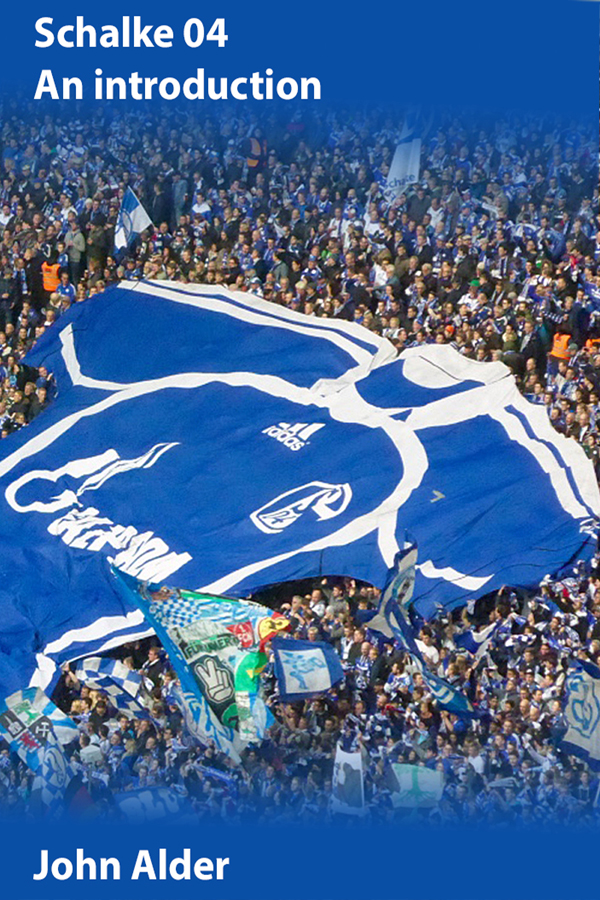

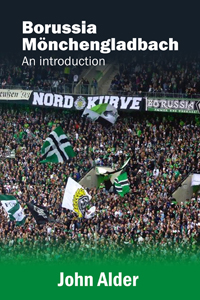
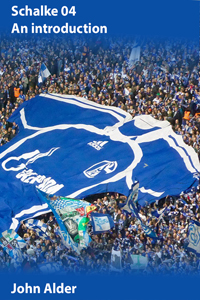
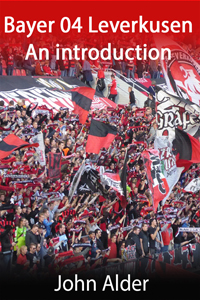
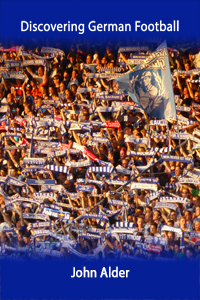

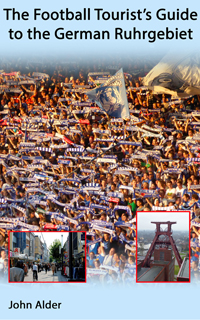
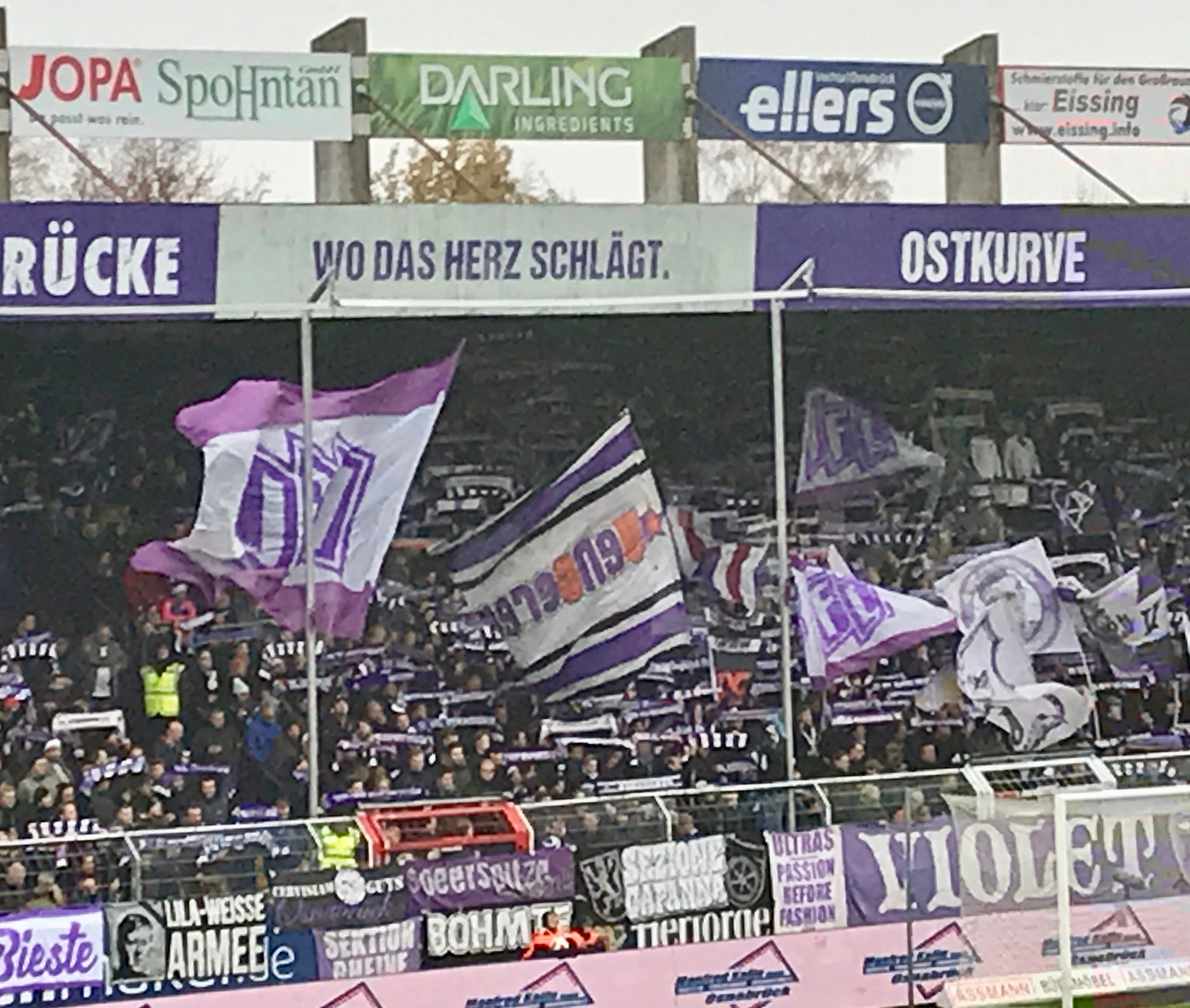
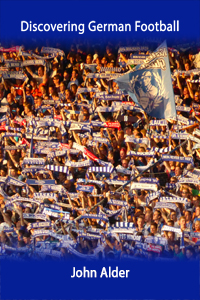
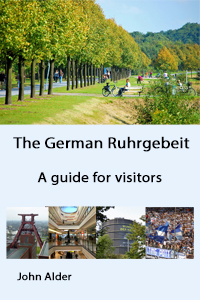
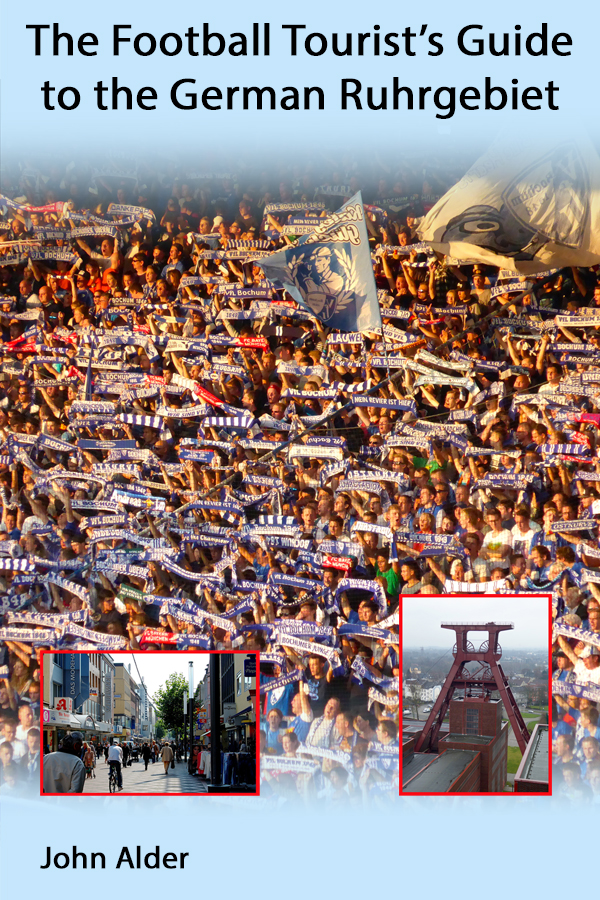
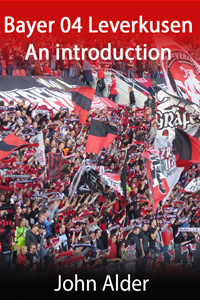
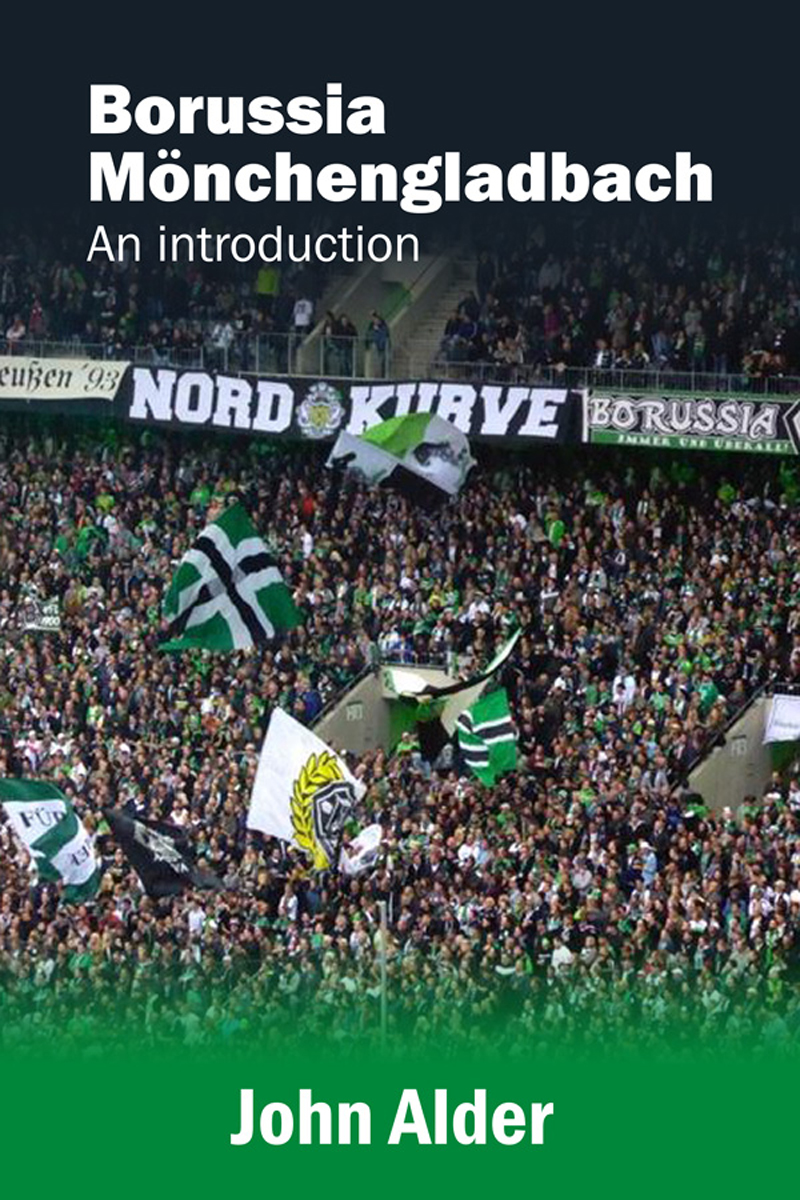
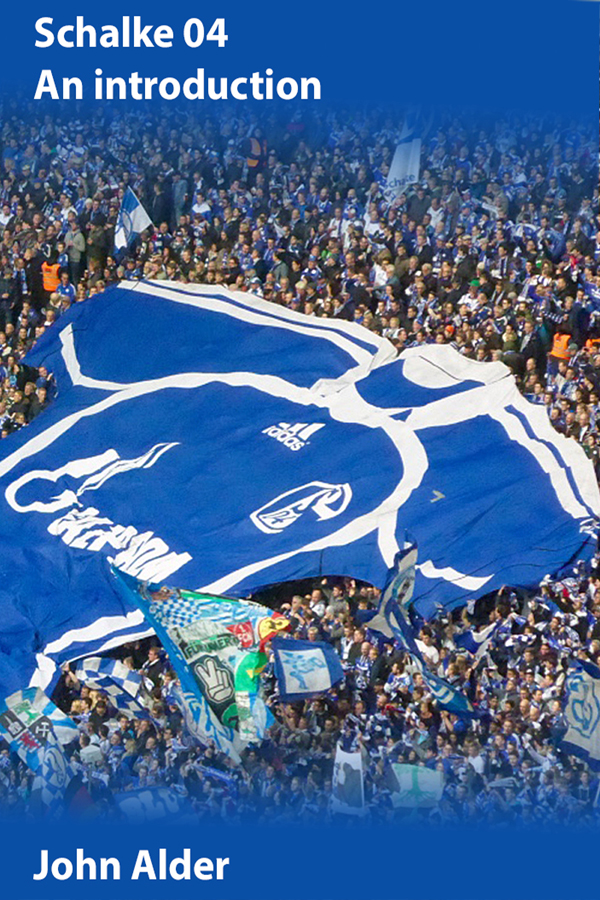

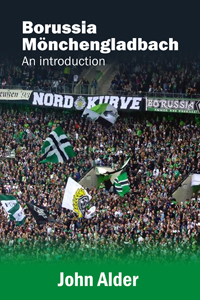
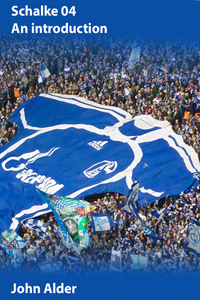
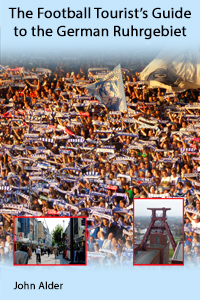

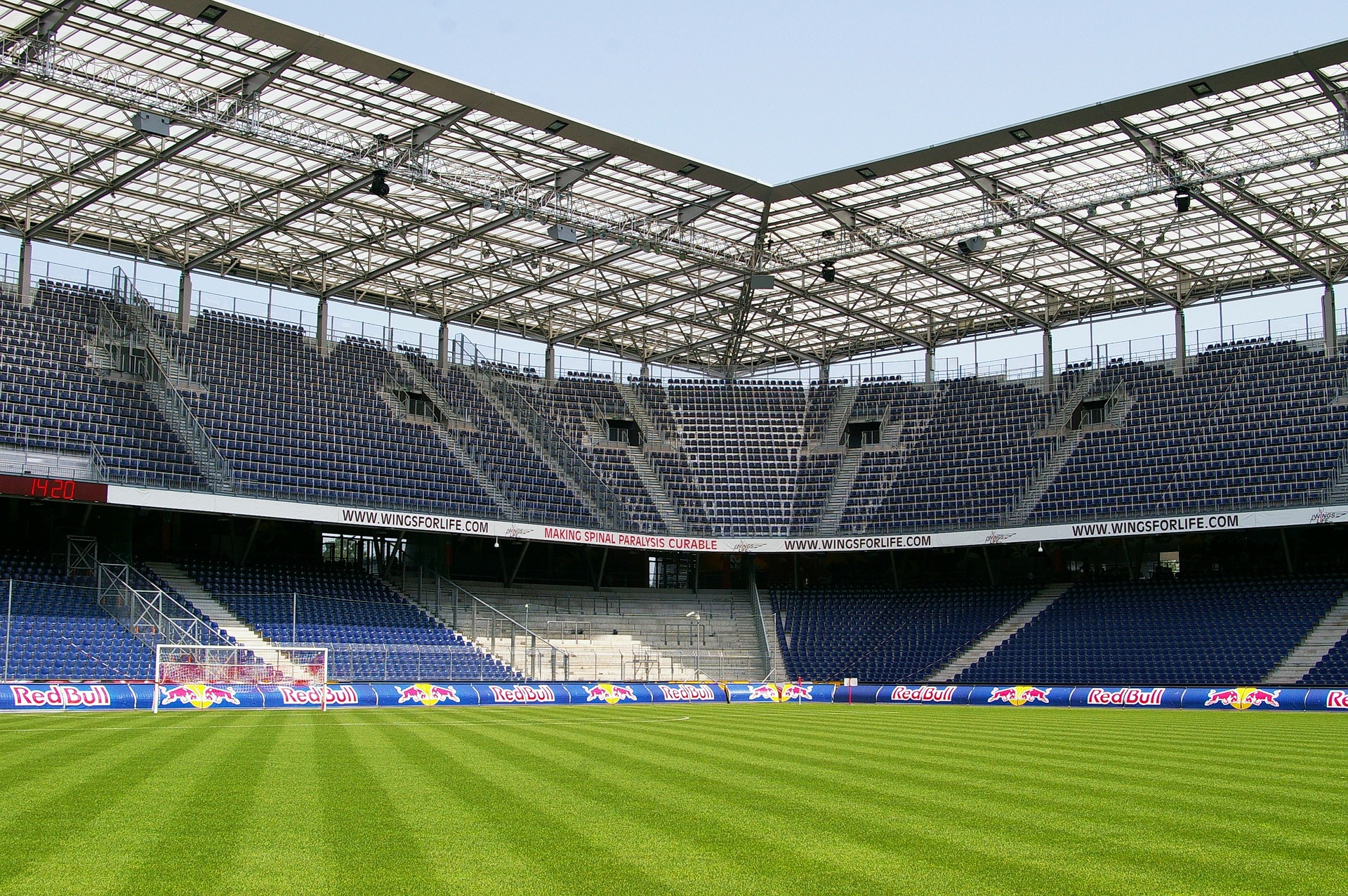
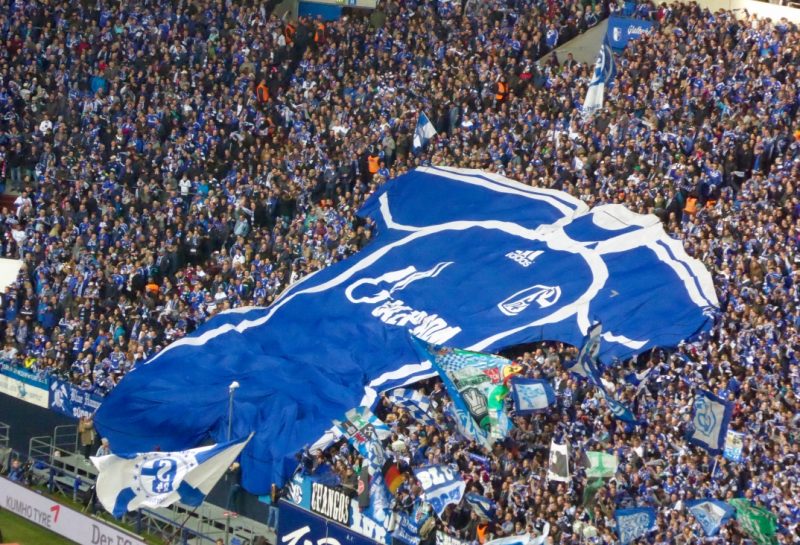
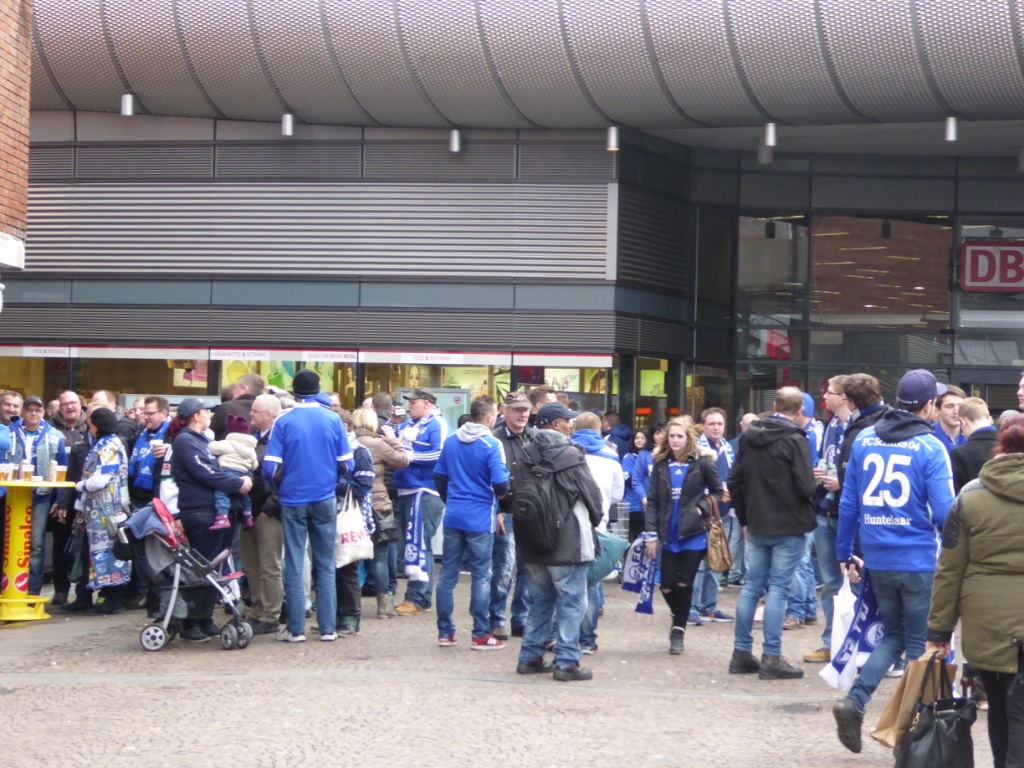
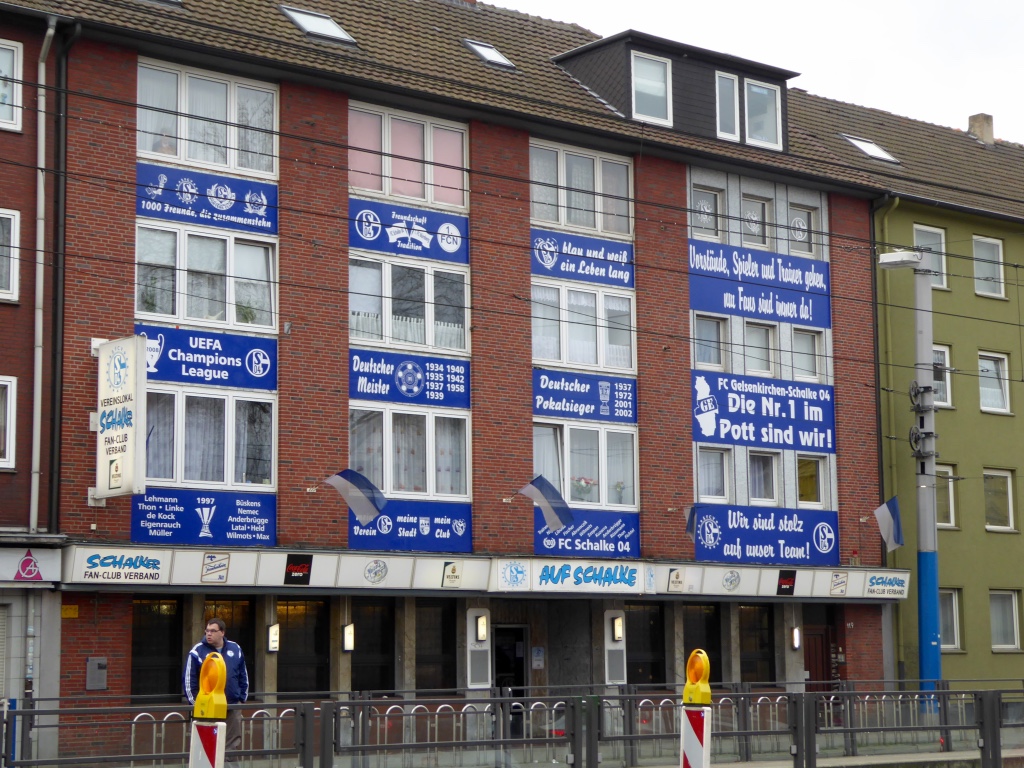
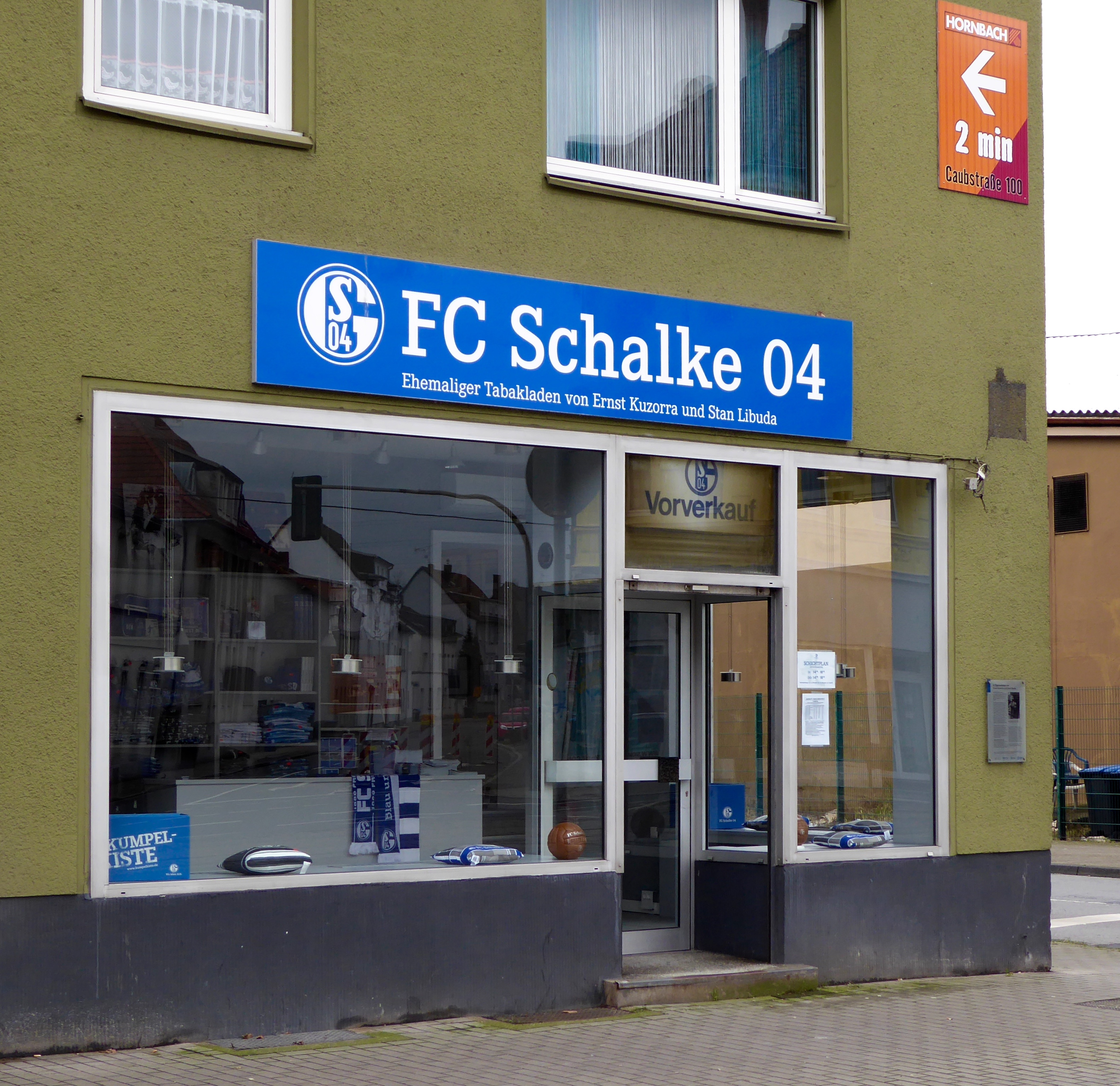
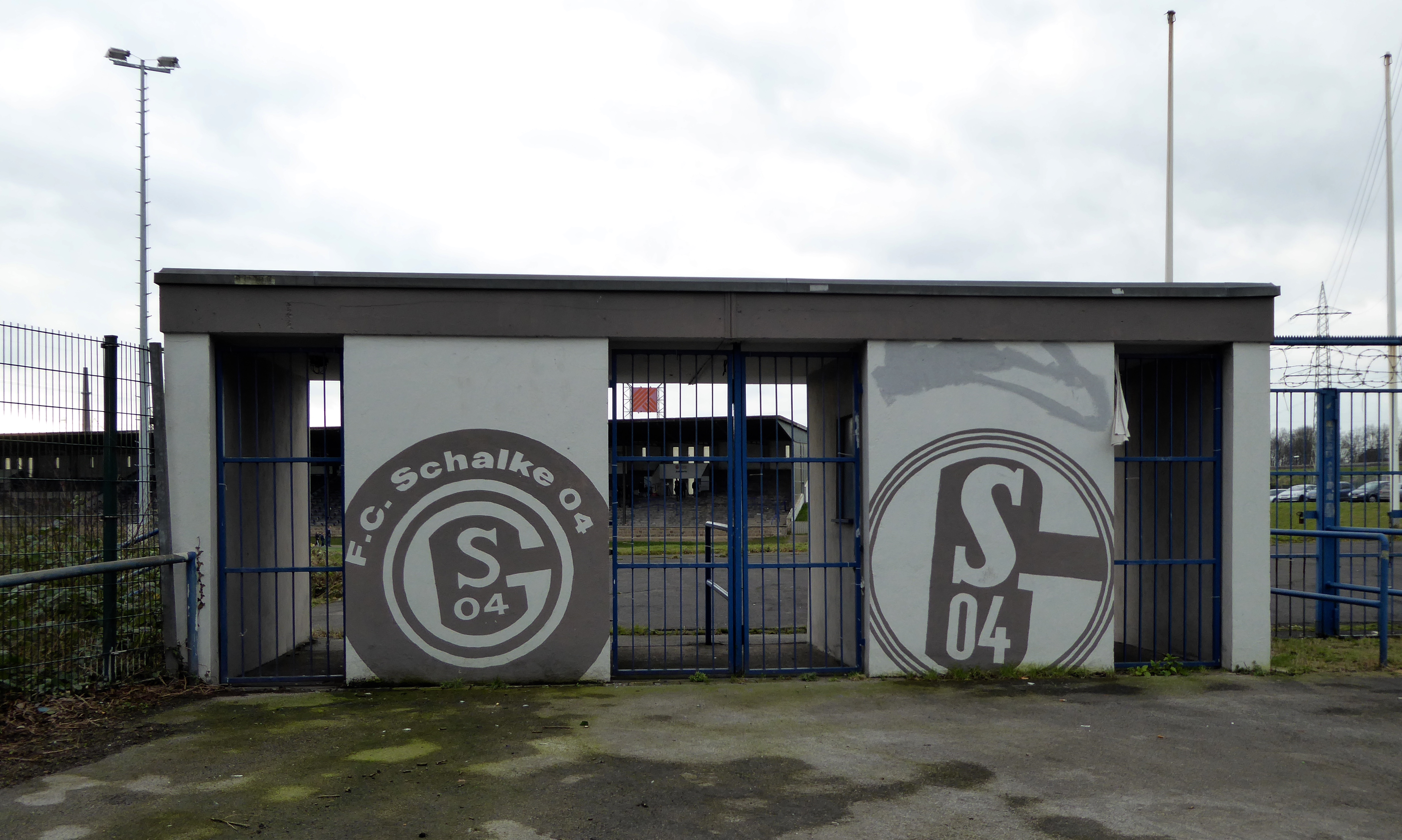
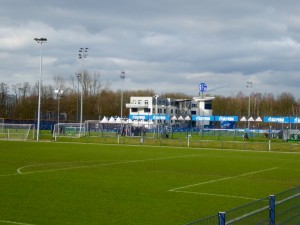 inside yet. If you have followed my advice and arrived extra early it won’t be open anyway, but even if it is, follow the pathways round to the left and walk through the training pitches. The fact that these are just open on match days for fans to wander around is remarkable in itself – but just as impressive is what is available for them. At the far side of the pitches there is a fan shop, of course, but also a huge bar with a massive outside area serving beer and sausages. The message from the club is clear – we value and welcome our fans.
inside yet. If you have followed my advice and arrived extra early it won’t be open anyway, but even if it is, follow the pathways round to the left and walk through the training pitches. The fact that these are just open on match days for fans to wander around is remarkable in itself – but just as impressive is what is available for them. At the far side of the pitches there is a fan shop, of course, but also a huge bar with a massive outside area serving beer and sausages. The message from the club is clear – we value and welcome our fans.
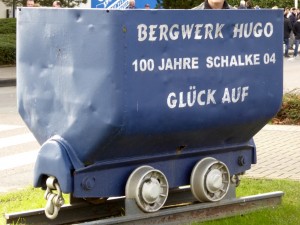
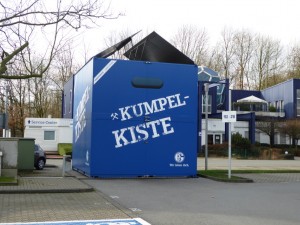
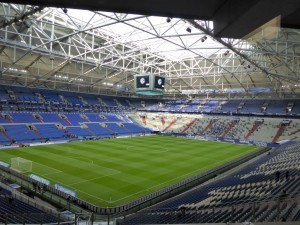 ns show footage of games from the early days until the present. And if you enjoy nothing else in the museum, I guarantee you will be blown away by the view of the stadium from here, and which justifies the 5 euro entrance fee on its own.
ns show footage of games from the early days until the present. And if you enjoy nothing else in the museum, I guarantee you will be blown away by the view of the stadium from here, and which justifies the 5 euro entrance fee on its own.
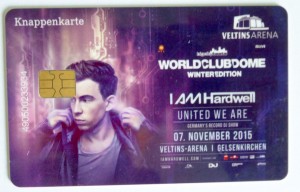 different at Schalke is that you can’t use cash. You have to go to one of the many kiosks and pick up and load a Knappenkarte. It then works just like a debit card – and if you don’t spend all the money on the card you can get it back before you leave.
different at Schalke is that you can’t use cash. You have to go to one of the many kiosks and pick up and load a Knappenkarte. It then works just like a debit card – and if you don’t spend all the money on the card you can get it back before you leave.